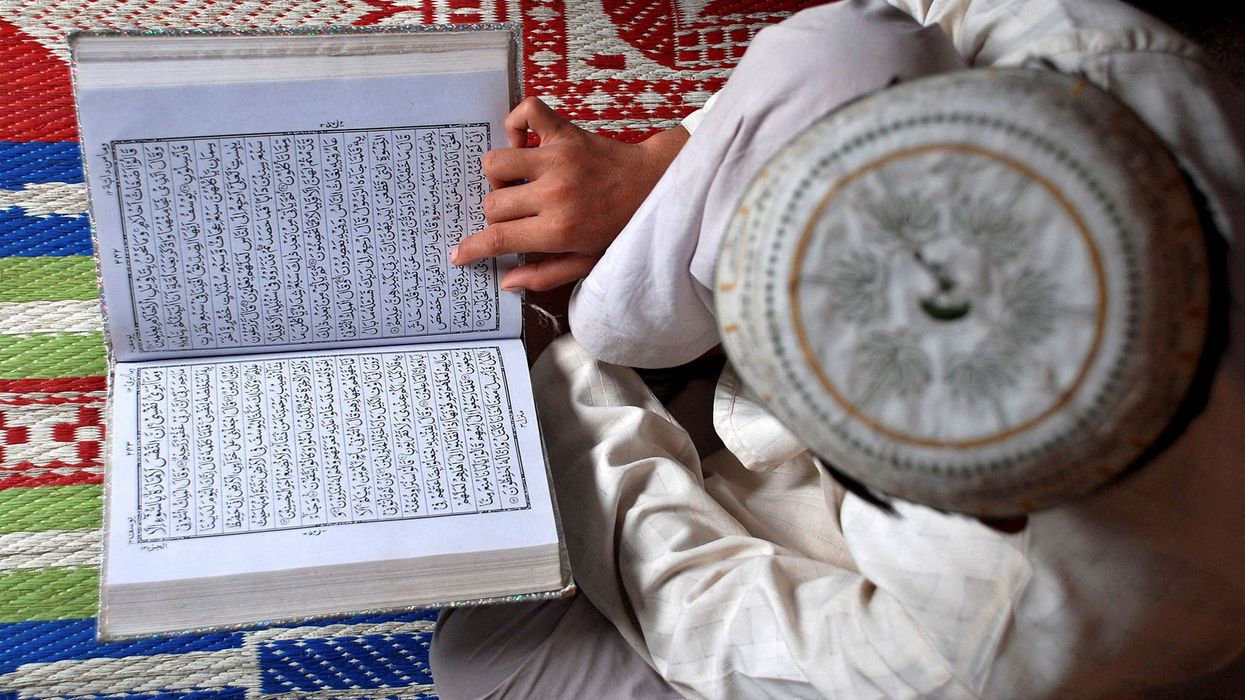Uttarakhand, a small northern Indian state governed by Prime Minister Narendra Modi's Hindu nationalist party, is set to pass a bill to replace religion-specific civil laws with a Uniform Civil Code, which could be used as a template by other states.
The bill, being debated by Uttarakhand's legislature on Wednesday, is expected to sail through as Modi's Bharatiya Janata Party (BJP) commands a majority in the state.
But many Muslims see it as curbing their religion, interfering with centuries-old practices such as polygamy.
Indians from different religions can follow laws specific to their faiths or opt for a secular code. Laws on who and how many people a person can marry, how to end a marriage and inheritance differ by religion.
The code envisions the same set of rules for everyone.
The constitution adopted in 1950 placed the code in a section that recommends laws for future governments. It encouraged the state to "endeavour to secure for the citizens a uniform civil code throughout the territory".
A uniform set of laws has remained elusive because it is communally contentious. It bans polygamy, a practice allowed under Muslim laws that permits a man to have up to four wives.
It sets minimum age for men and women to marry. While Hindu and secular laws only allow men to marry at 21 and women at 18, there is no restriction for Muslims and other communities.
It prohibits a person marrying relatives including cousins, uncles, aunts, which is allowed in many communities. It grants equal inheritance rights to sons and daughters.
In a national first, it also tries to regulate live-in relationships, which critics said was government overreach and interference in personal lives. The law proposes jail or fines for failing to inform the authorities within a month of entering a live-in relationship.
Muslim theologians see the new bill as a threat to Islamic law and religious practices such as polygamy. Muslims are India's largest minority, making up more than 14% of the population.
A prominent Muslim body recently said that the proposed code goes against India's diversity. Some tribal groups have also opposed the code.
A national code is one of the three core promises of the BJP and the only one that remains unfulfilled.
The other two were removing the autonomy of the only Muslim-majority state of Jammu and Kashmir in 2019 and building a contested temple to Hindu deity Ram, replacing a centuries-old mosque razed by Hindu radicals in 1992.
The BJP has promised a national code for decades and introducing it, even in individual states, is expected to boost Modi's popularity among Hindus in his re-election bid by May. (Reuters)




